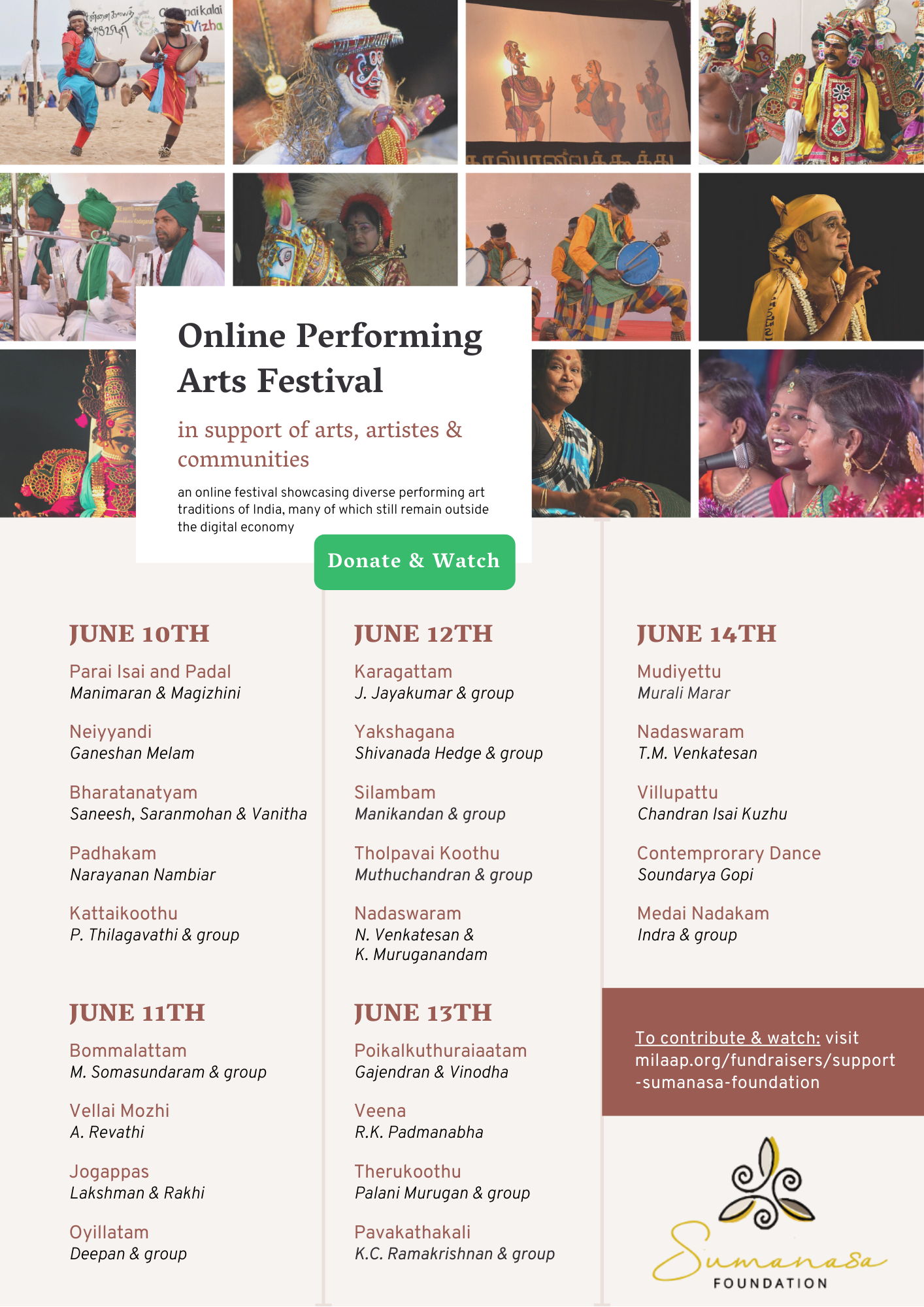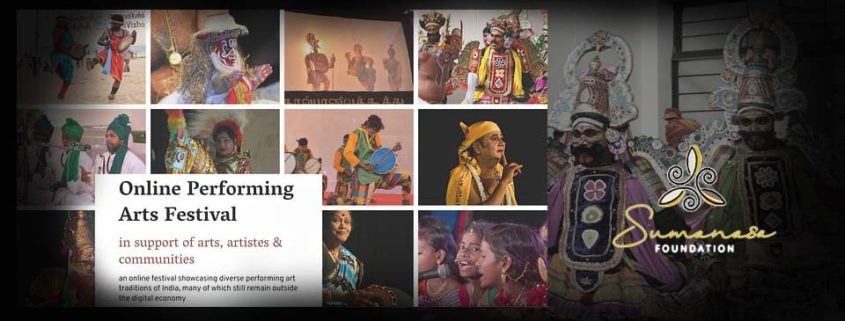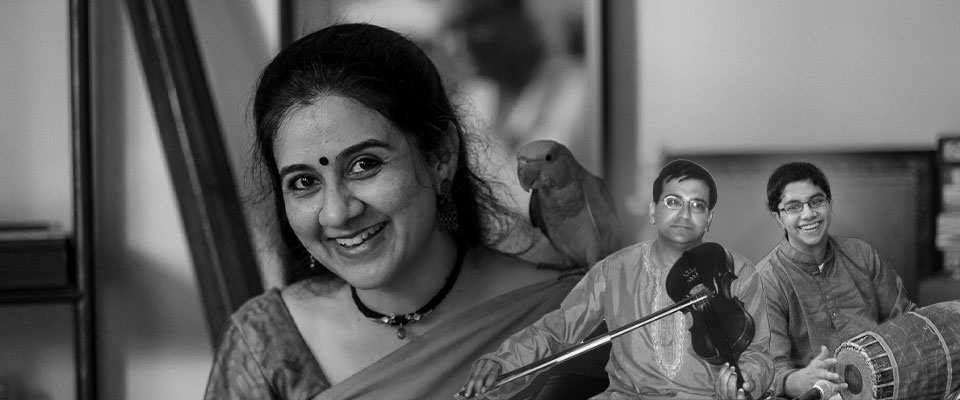We, in Columbus, Ohio, have been in the isolating grip of a viral pandemic for three months now. Social interactions have been impacted in ways one could never have imagined before its onset. Our diverse humanity has been united via this singular experience. How? An unknown piece of RNA, identified as COVID-19, has rendered us all equal in its eyes and impact. A unique feat!
Self-isolation and social distancing requirements to mitigate COVID’s impact on our health and economies have led to creative approaches of coming together. Our homes have become cruise ships that go nowhere but where, thanks to technology, we can still enjoy the many pleasures of travel without seemingly spending a dime. New buzzwords are part of our pandemic vocabulary, and to quote a WCMH news reporter, “Virtual events are becoming the norm during an abnormal time”. True. We are now “Zoomers”.
One such collaboration of technology and talent brought the “Online Performing Arts Festival” into our homes this past week. Dhvani India Performing Arts Society of Central Ohio, an endeavor to promote and teach Carnatic music and dance, served as the conduit. The India based Sumanasa Foundation gathered the performers, sidelined by the lockdown, and gave them a voice on the digital platform and a chance to earn some income. The YouTube-based program spread over five days, each about an hour and a half long, comprised artists whose performances had never seen the bright lights of an esteemed national or international concert stage. They were local in influence, from various rural or small urban areas of Tamil Nadu as well as Kerala and Karnataka. The videos portrayed musicians and dancers performing in their living rooms, rooftops, or courtyards. The recording device was more often a smartphone than some fancy filming equipment. Community Theater was represented through different types of puppetry, styles of dance dramas, and a solo act play of an autobiographical nature. That many of the art forms are gender-specific was obvious; the inclusion of trans women as legitimate participants and contributors to the art scene was refreshing and seeing two men perform Bharatanatyam was for me a total surprise.

I was able to view three out of the five days’ worth of programming. My initial reaction was a feeling of being a “stranger in my own land”. I am from North India and don’t speak Tamil. While the brain could not comprehend the spoken word, I still found much to appreciate and enjoy in this introduction to street level performers. I once read “People are like trees. We have to add new branches in order to grow”. I am India born and US-based but a citizen of the world at heart. Curiosity about the world has led me into its far-reaching corners over the years to broaden my horizons. I browse the local scene with equal enthusiasm. I am not a trained artist of any sort, but I do know that every one of them needs an audience to impart to and delight with entertainment. I am part of that crowd and a loyal one, forever scouring for new experiences and making new connections. My attendance at Dhvani events, in-person, and now online, has contributed to an increasing sense of familiarity with the unfamiliar. A still-growing branch on my tree of life has Carnatic Arts emblazoned on it. So, a heartfelt thanks to all involved for this memorable exposure to rural artistic traditions of South India that have survived and thrived through the ages.
Rohini Desai Mulchandani
June 2020




